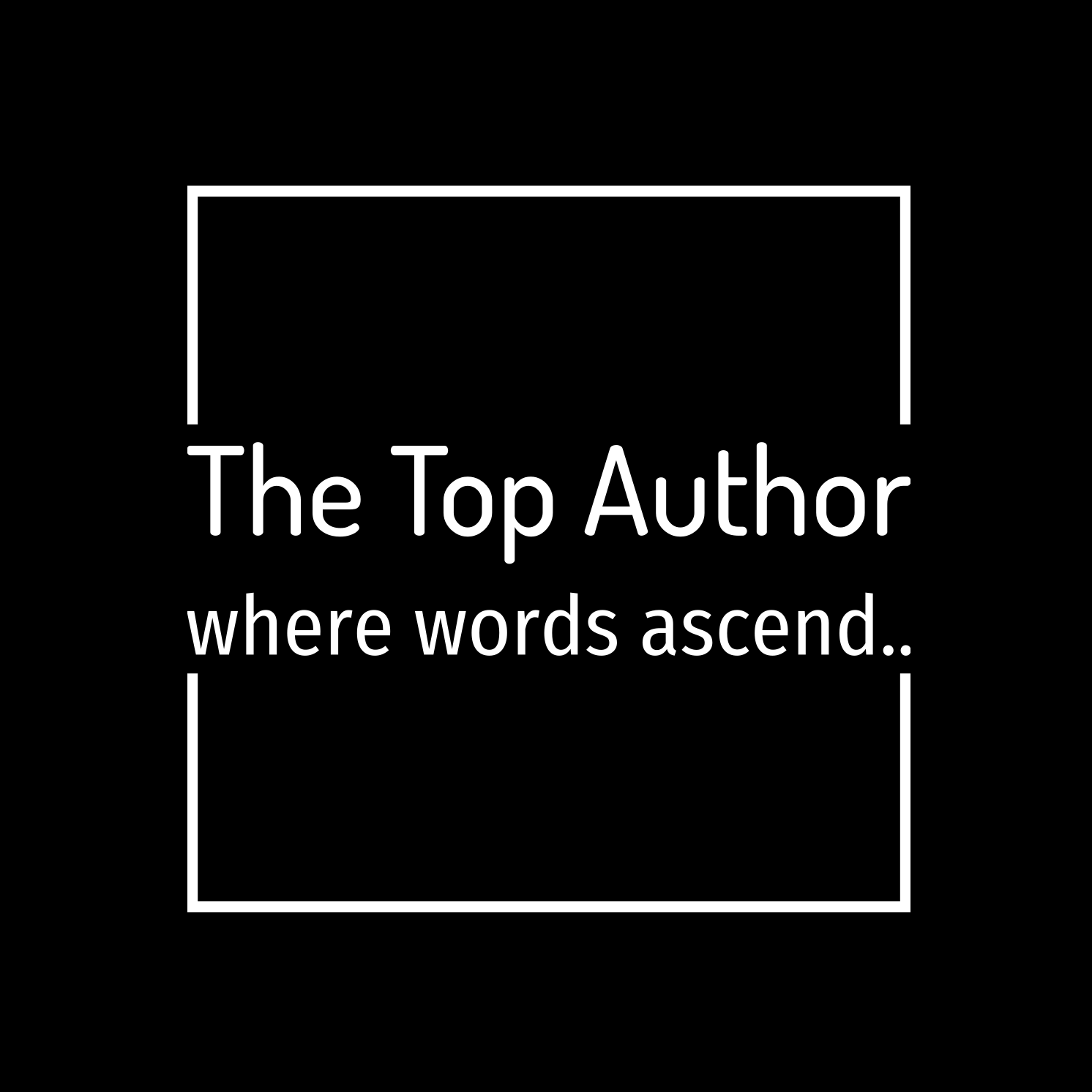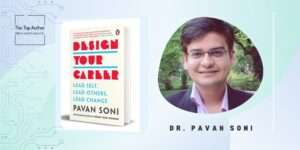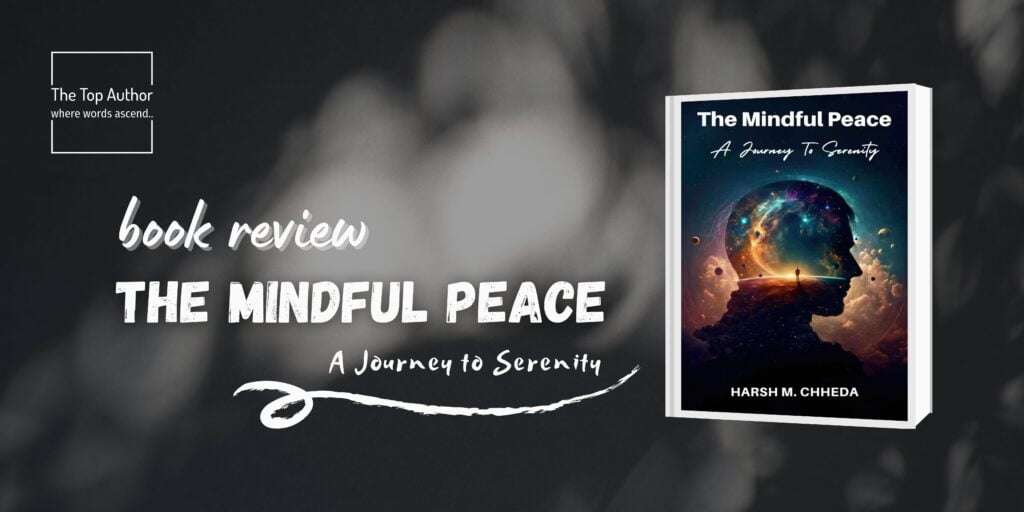The moment of releasing a book into the world is a culmination of passion, dedication, and creative fervor. However, as the pages settle into the hands of readers, authors often find themselves grappling with a unique conundrum—the post-book release dilemma.
Writing a book is often described as a labor of love, a journey that requires dedication, passion, and perseverance. Authors pour their hearts and souls into crafting stories, characters, and worlds, laboring over every word to bring their vision to life. However, the journey doesn’t end with the completion of the manuscript. In fact, for many authors, it’s just the beginning of a new chapter filled with emotions ranging from exhilaration to anxiety as they navigate the process of releasing their work into the world. In this blog post, we embark on a compassionate exploration of the complex emotions and challenges authors face after their literary creation takes flight.

Expectations
The Weight of Anticipation: In the wake of a book release, authors often find themselves standing at the intersection of anticipation and uncertainty. The echoes of expectations, both internal and external, reverberate in the silence that follows.
For new authors, the weight of anticipation can be immense as they navigate the uncertain terrain of publishing. It’s a mix of excitement and nervousness, fueled by the anticipation of how their work will be received by readers, critics, and the industry. This anticipation often encompasses concerns about finding a publisher, gaining recognition, and making an impact in a competitive market. It’s a pivotal moment filled with hope, anxiety, and the eager anticipation of what lies ahead in their writing journey.
Navigating Reader Reactions: Authors may eagerly await feedback, reviews, and reactions, each word carrying the potential to uplift or unsettle. The vulnerability of sharing one’s creation with the world becomes palpable. Here are some effective pointers to keep in mind –
- Embrace positive feedback from readers as validation of your work.
- View constructive criticism as an opportunity for growth.
- It’s natural to feel disheartened by negative reviews, but try not to take them personally.
- Engage with readers on social media and author platforms to cultivate a supportive community.
- Take care of your mental and emotional well-being during periods of heightened reader reactions.
The Emotions
Celebration and Letting Go: While there is cause for celebration in birthing a book, there is also a profound sense of letting go. The story that once lived solely in the author’s mind is now a shared experience open to interpretation.
Celebration involves acknowledging and rejoicing in accomplishments, whether it’s finishing a manuscript, securing a publishing deal, receiving positive feedback, or reaching a personal milestone. It’s about taking pride in one’s achievements and recognizing the hard work and dedication that went into them. Letting go, on the other hand, involves releasing attachments to outcomes beyond one’s control, such as rejection letters, negative reviews, or unmet expectations. It’s about accepting that not every project will succeed and learning from setbacks to grow as a writer.
The Linger of Self-Doubt: Self-doubt can creep in, regardless of accolades or positive reviews. The author may question the choices made, wonder about the paths not taken, and grapple with the ever-elusive pursuit of perfection. It manifests as questioning one’s abilities, second-guessing creative choices, or feeling inadequate compared to others in the field. This self-doubt can hinder productivity, creativity, and overall well-being, making it essential for authors to recognize and address these feelings to continue producing quality work.
Accept the Author’s Dilemma
Balancing Creativity, Critique, and the Silence: Authors may grapple with finding a delicate balance between nurturing their creative spirit and absorbing constructive critique. It’s a dance of honoring one’s artistic vision while remaining open to growth. Post-book release, the author may encounter a silent post-climax, akin to the hush that follows a grand performance. The anticipation that once fueled the writing process gives way to a contemplative lull.
Be Resilient
- Cultivating Patience: Patience becomes a steadfast ally. The journey post-book release is a marathon, not a sprint. Authors are encouraged to allow the story to unfold at its own pace, both in the hearts of readers and within the author’s own narrative.
- Connecting with Fellow Wordsmiths: Sharing experiences with fellow authors who have weathered similar dilemmas can provide solace. A supportive community offers understanding, empathy, and valuable insights on navigating the complexities of post-release emotions.
- Retreating and Recharging: A strategic retreat into the realms of self-care and rejuvenation is paramount. Authors should grant themselves the space to recharge creatively, away from the pressure of immediate expectations.
The Evolution of the Author
Reflection and Evolution: The post-book release dilemma is not a stagnant state but an evolving landscape. Authors are encouraged to reflect on the journey, celebrate milestones, and recognize the growth catalyzed by the entire process.
Embarking on New Horizons: As one chapter concludes, another awaits. Authors can find solace and inspiration in the prospect of new horizons, fresh stories, and the continuous evolution of their craft.
Conclusion
In the aftermath of a book release, the author’s dilemma is an intricate dance between vulnerability and resilience. It is a testament to the profound connection writers forge with their creations and the courage required to share those creations with the world. As authors navigate this uncharted terrain, let compassion be the guiding force, embracing the ebb and flow of emotions, and finding strength in the ever-evolving narrative of the writing journey.








